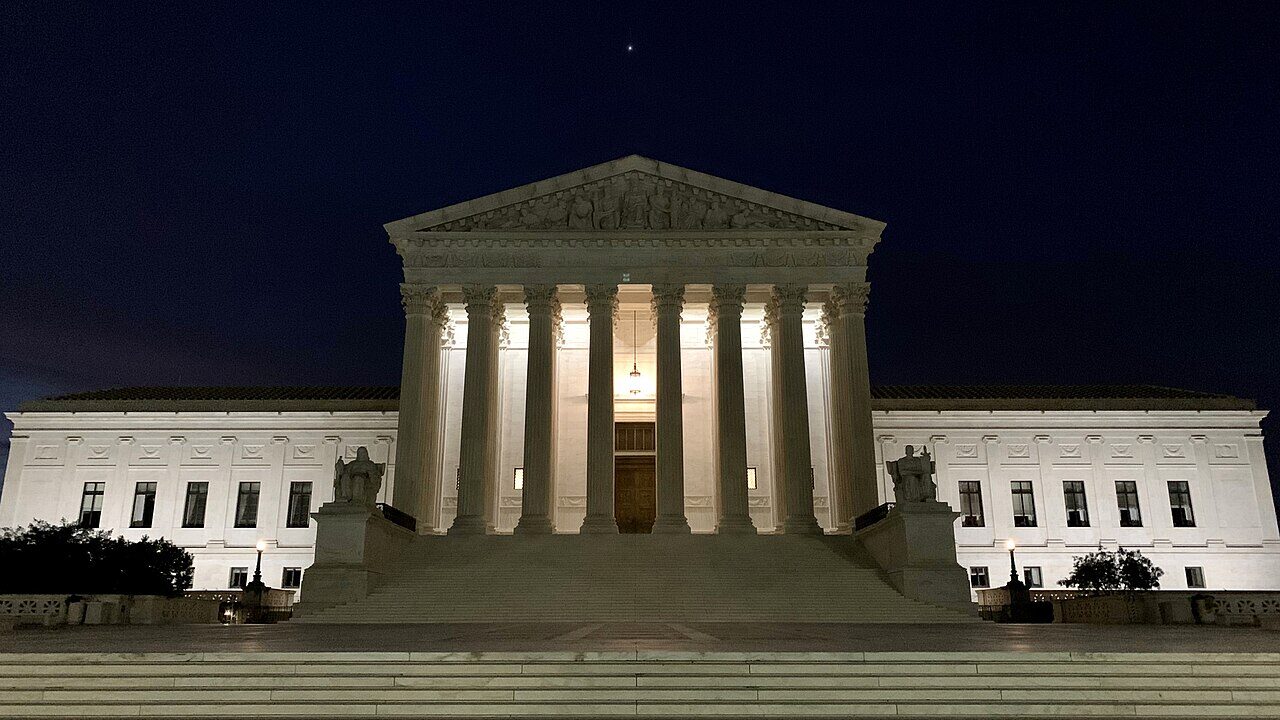


Days after Justice Samuel Alito warned that a recent Supreme Court ruling had two glaring holes that could be exploited, an Obama-appointed judge appears to have done just that.
U.S. District Judge Randolph Daniel Moss sided with the left-wing ACLU and several other activists organizations when he ruled that President Donald Trump exceeded his authority when he issued an executive order on Jan. 20 prohibiting illegal aliens who “engaged in the invasion across the southern border” from seeking asylum or a withholding of removal. Moss claimed Trump lacked “the inherent constitutional authority.”
As described by Fox News, Moss “granted plaintiffs’ request to certify a class of migrants who were either subject to Trump’s proclamation heard by the court or would be subject to it in the future.” This certification, as explained by Fox News, means the lawsuit can proceed forward despite a recent ruling from the Supreme Court that limited the authority of unelected, rogue judges. The high court, to Alito’s chagrin, did not close the loophole to prevent rogue judges from granting a certified class status.
Instead, the Supreme Court only declared that universal injunctions issued by unelected, inferior court judges against Trump’s birthright citizenship order to be unlawful.
“[F]ederal courts do not exercise general oversight of the Executive Branch; they resolve cases and controversies consistent with the authority Congress has given them. When a court concludes that the Executive Branch has acted unlawfully, the answer is not for the court to exceed its power, too,” Associate Justice Amy Coney Barrett wrote.
The decision in Trump v. CASA, Inc., centered on Trump’s issuance of an executive order ending so-called “birthright citizenship.” Trump’s order was immediately hit with several injunctions by unelected, inferior court judges attempting to usurp the authority of the executive branch. Notably, Trump has been roadblocked by several unelected, rogue judges regarding other administration policies.
While the high court ruled that “universal injunctions … likely exceed the equitable authority that Congress has granted to federal courts,” Alito warned in a concurring opinion that “two related issues that are left unresolved and potentially threaten the practical significance of today’s decision: the availability of third-party standing and class certification.”
Alito argued the “Court does not address the weighty issue whether the state plaintiffs have third-party standing to assert the Citizenship Clause claims of their individual residents.”
When a State brings a suit to vindicate the rights of individual residents and then procures injunctive relief, does the injunction bind the defendant with respect to all residents of that State? If so, States will have every incentive to bring third-party suits on behalf of their residents to obtain a broader scope of equitable relief than any individual resident could procure in his own suit. Left unchecked, the practice of reflexive state third-party standing will undermine today’s decision s a practical matter.
Alito then argues the court’s decision “will have very little value if district courts award relief to broadly defined classes without following ‘Rule 23’s procedural protections’ for class certification.”
Alito writes that “district courts should not view today’s decision as an invitation to certify nationwide classes without scrupulous adherence to the rigors of Rule 23.”
Well, perhaps Alito had a crystal ball.
Brianna Lyman is an elections correspondent at The Federalist. Brianna graduated from Fordham University with a degree in International Political Economy. Her work has been featured on Newsmax, Fox News, Fox Business and RealClearPolitics. Follow Brianna on X: @briannalyman2
